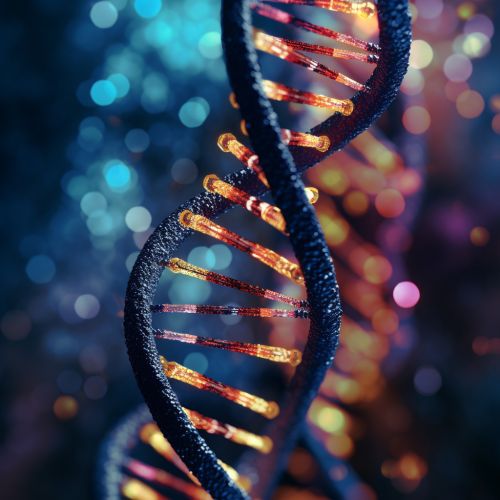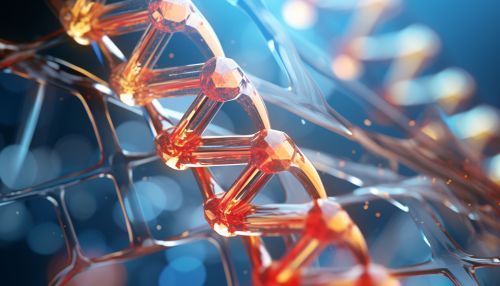Epigenetic Changes in Aging
Introduction
Epigenetic changes are modifications that alter the physical structure of DNA, without changing the DNA sequence itself. These changes can affect how genes are read by cells, and subsequently whether they are active or inactive. Epigenetic changes can be influenced by various factors, including age, environment, lifestyle, and disease state. This article will focus on the role of epigenetic changes in aging, a complex biological process that involves a variety of physiological and molecular alterations.


Epigenetic Mechanisms
Epigenetic changes occur through several mechanisms, including DNA methylation, histone modifications, and non-coding RNAs.
DNA Methylation
DNA methylation is a process by which methyl groups are added to the DNA molecule. This can change the activity of a DNA segment without changing the sequence. When located in a gene promoter, DNA methylation typically acts to repress gene transcription. In mammals, DNA methylation is essential for normal development and is associated with several key processes including genomic imprinting, X-chromosome inactivation, and preservation of chromosome stability.
Histone Modifications
Histones are proteins that help package DNA into a compact, efficient form. They can be modified by adding or removing various chemical groups, including acetyl, methyl, and phosphate groups. These modifications can alter the accessibility of the DNA to the transcription machinery and thus influence gene expression.
Non-coding RNAs
Non-coding RNAs are RNA molecules that do not code for proteins but can regulate gene expression in other ways. They can bind to DNA or RNA to influence its function. Non-coding RNAs play crucial roles in a variety of biological processes and their dysregulation is associated with numerous diseases.
Epigenetic Changes and Aging
As organisms age, they undergo a variety of epigenetic changes. These changes can influence the aging process and contribute to age-related diseases.
Age-Related Changes in DNA Methylation
During aging, the pattern of DNA methylation in the genome changes. Some regions of the genome become hypermethylated, while others become hypomethylated. These changes can lead to altered gene expression, which can affect various biological processes and contribute to the aging phenotype.
Age-Related Changes in Histone Modifications
Histone modifications also change with age. For example, levels of certain histone modifications associated with gene activation (such as H3K4me3) decrease during aging, while levels of histone modifications associated with gene repression (such as H3K9me3) increase. These changes can lead to a global decrease in gene expression, which is a common feature of aging.
Age-Related Changes in Non-coding RNAs
The expression of non-coding RNAs also changes with age. For example, the expression of certain microRNAs (small non-coding RNAs that can repress gene expression) changes during aging, which can affect various biological processes and contribute to the aging phenotype.
Epigenetic Interventions in Aging
Given the role of epigenetic changes in aging, there is considerable interest in developing interventions that can modulate the epigenome to improve health in old age.
Dietary Interventions
Dietary interventions, such as calorie restriction, have been shown to influence the epigenome and can extend lifespan in various organisms. These interventions can influence a variety of epigenetic processes, including DNA methylation, histone modifications, and the expression of non-coding RNAs.
Pharmacological Interventions
Several drugs that target the epigenome have been developed. For example, drugs that inhibit DNA methylation or histone deacetylation (processes associated with gene repression) have been shown to extend lifespan in model organisms.
Lifestyle Interventions
Lifestyle interventions, such as exercise and stress reduction, can also influence the epigenome and may have anti-aging effects. These interventions can influence a variety of epigenetic processes, including DNA methylation, histone modifications, and the expression of non-coding RNAs.
Conclusion
Epigenetic changes play a crucial role in aging. Understanding these changes and developing interventions to modulate them may hold the key to improving health in old age. However, much more research is needed to fully understand the complex interplay between the epigenome, aging, and disease.
